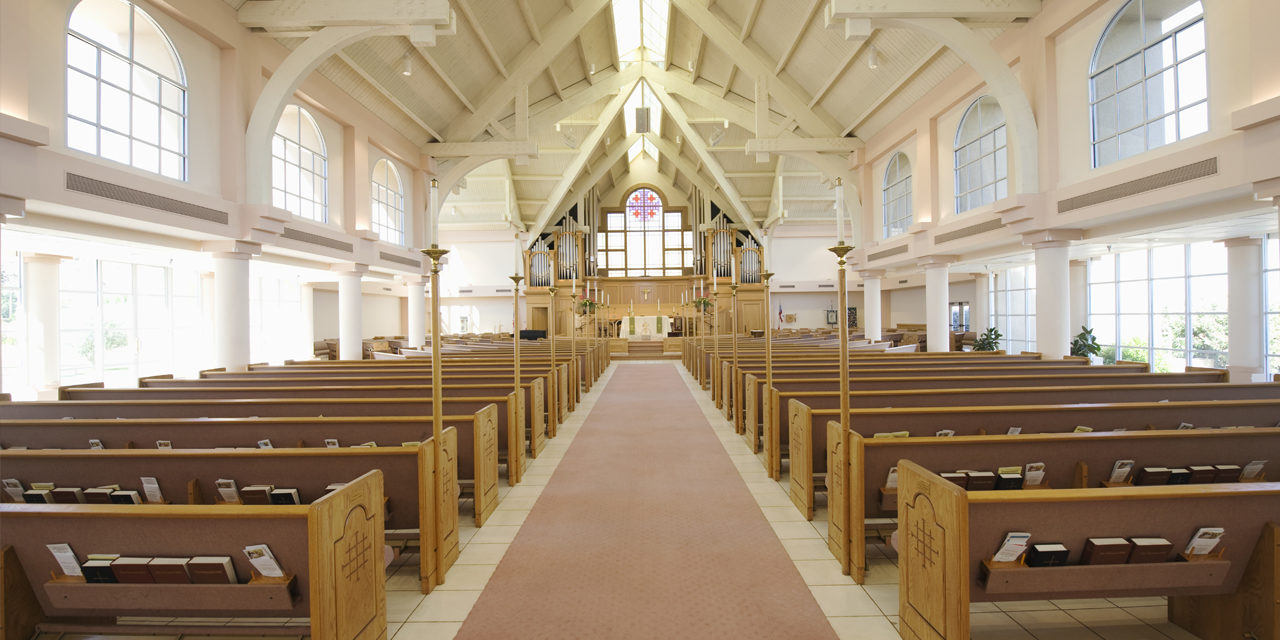Just in time for Christmas, Los Angeles County has dropped all of its capacity restrictions on houses of worship to get in line with a recent decision from the U.S. Supreme Court.
In its new Revised Temporary Order, the county lists certain “permitted activities” which are considered “essential.” Included in this list is “attending in-person faith-based services.”
The order specifies, though no strict number is given, that capacity should be reduced to allow for social distancing. Additionally, houses of worship are still required to ensure six feet between persons from different households and mandate that worshipers wear facemasks.
This decision from Los Angeles County comes after Liberty Counsel, on behalf of Harvest Rock Church which is located within the county, asked the Supreme Court to reverse two decisions from a California district court and one from the Ninth Circuit Court of Appeals ruling in favor of California Governor Gavin Newsom’s restrictive church orders.
As of November 28, 51 counties totaling 99.1% of the state’s population were under Gov. Gavin Newsom’s most restrictive “Tier 1” mandate which ordered that indoor worship services be “completely prohibited.”
“This means that the governor’s color-coded regime of religious discrimination completely prohibits indoor religious worship services, even if it involves 1 person,” Liberty Counsel told the Supreme Court.
And yet, “food packing and processing, laundromats, and warehouses have no capacity limits, liquor and grocery stores have a 50% capacity, and big box centers, shopping malls, laundromats, and destination centers have a 25% capacity.”
On December 3, the Supreme Court granted Harvest Rock’s request and vacated the lower court rulings, with orders to reconsider the case in light of the Supreme Court’s recent decision in Roman Catholic Diocese of Brooklyn v. Cuomo.
“We are grateful for the U.S. Supreme Court’s rulings that are resulting in the unconstitutional worship bans falling like dominoes,” Liberty Counsel Founder and Chairman Mat Staver said in a statement on December 21.
“The Supreme Court has made it very clear that the courts and the states must begin applying the First Amendment to protect houses of worship. No pastor, church, or parishioner in America should have to choose between worship and prison,” Staver added.
In Diocese, the Supreme Court ruled in favor of the Roman Catholic Diocese of Brooklyn, New York that had sued Gov. Cuomo for imposing 10- or 25-person occupancy limits while treating comparable secular facilities much more favorably.
“In a red zone, for example, a church or synagogue must adhere to a 10-person attendance cap, while a grocery store, pet store, or big-box store down the street does not face the same restriction,” Justice Kavanaugh wrote in his concurring opinion in that case.
“In an orange zone, the discrimination against religion is even starker: Essential businesses and many non-essential businesses are subject to no attendance caps at all,” he added.
Of note, California’s restrictions on church attendance are more stringent than New York’s which the Supreme Court insinuated were likely unconstitutional.
However, Harvest Rock’s legal battles are not over yet.
After the Supreme Court ruled in favor of the California church and sent it back down to the lower courts for reconsideration, district court Judge Jesus G. Bernal again ruled against Harvest Rock.
On December 21, Liberty Counsel appealed this new decision to the Ninth Circuit.
Los Angeles County’s decision to exempt houses of worship from in-person capacity limits means that as this case plays out, Harvest Rock Church and other churches in the county will be able to celebrate Christmas services without fear of government reprisal.
“‘Behold, the virgin shall conceive and bear a son, and they shall call his name Immanuel’ (which means, God with us)” (Matthew 1:23).
You can follow this author on Twitter @MettlerZachary
Photo from Shutterstock






